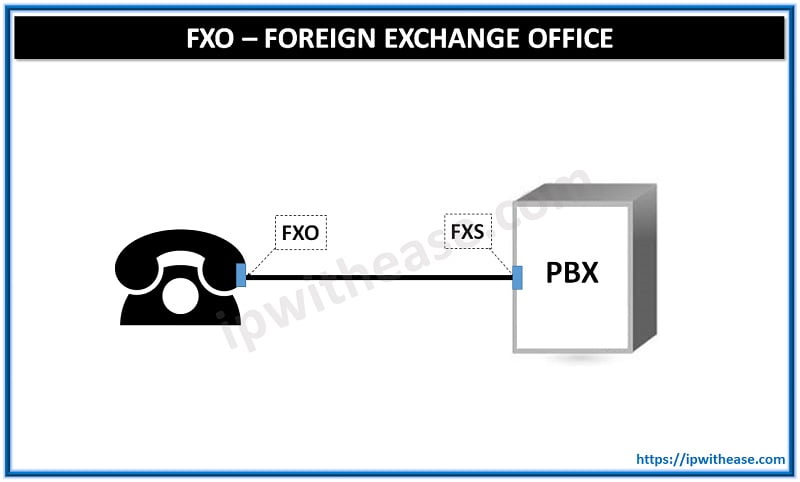Table of Contents
Introduction to VoIP
Businesses today are enjoying the benefits of the internet. Be it easily accessible information, online presence, or reaching customers within a single click. It has made the entire journey quite comfortable.
One such benefit of using the internet is effortless communications. Yes, you heard it right. We’re talking about voice calls over the internet, i.e., VoIP. It’s a type of voice and data technology solutions that help businesses run communication systems rather than rely on traditional telecoms. However, finding the right VoIP services often turn out to be daunting. Why? Because there are a wide variety of options available, so figuring out what can be best for your company can be quite confusing.
Before we get on with the list of factors to consider, first unleash the types of VoIP providers.
Types of VoIP Providers
VoIP Providers
Many providers choose to focus only on providing businesses access to telecommunications. For instance, you’ll get features like voicemail, call forwarding, caller ID. But no other features are included. So, if you are only looking for phone calling functionality, this is an ideal choice.
VoIP Combined With Cloud Phone Systems
If you wish to leverage cloud computing by combining it with VoIP, then it’s the option you must go for. Besides the routine phone calls, you’ll have various management features, such as an auto-attendant, answering rules, or virtual number extensions.
Using this technology, you can combine online meetings and other communications on a single platform.
Business Communications by Combining Solutions
This option combines a variety of solutions in a single place. The idea is to improve the business operations’ efficiency. You won’t have to worry about the compatibility of different platforms. That’s how you can take advantage of various voice and data technology solutions.
Let’s move on to the factors that you must consider when choosing the right provider for your company.
Understand Your Business Needs
Doing what other companies are doing might not be a good option. It’s because even though the type of technology or industry might be similar, there are many differences in terms of business operations and clientele. For that, you need to ask a few questions. For instance,
● Does your business require a toll-free number, a local number, or an international number?
● Is your business offering a service that involves outbound calls?
● Do you operate in multiple locations?
● Is your business operating remotely?
● Does your business require audio or video conferencing?
These are some common questions, and you can combine your set of questions to reach a final decision of choosing the right voice and data technology solutions provider.
Narrow Down Your Choices
With so many providers available in the market, such as Grandstream, NEC, or Fanvil, choosing what will fit your needs the most can be challenging. So, you must check-in with their voice and data technology solutions plans and other security features. You must also consider visiting portals to compare different brands on a single platform. Also, consider checking their reviews and testimonials before “yes” to the final deal.
Wrapping up
Running a business is time-consuming and rewarding at the same time. However, if you don’t choose the right tools, you won’t scale it to the next level. By selecting the right voice and data technology solutions, you can further streamline your business operations for better results.
Continue Reading:
SIP Trunking vs PRI (Primary Rate Interface)
ABOUT THE AUTHOR
IPwithease is aimed at sharing knowledge across varied domains like Network, Security, Virtualization, Software, Wireless, etc.




